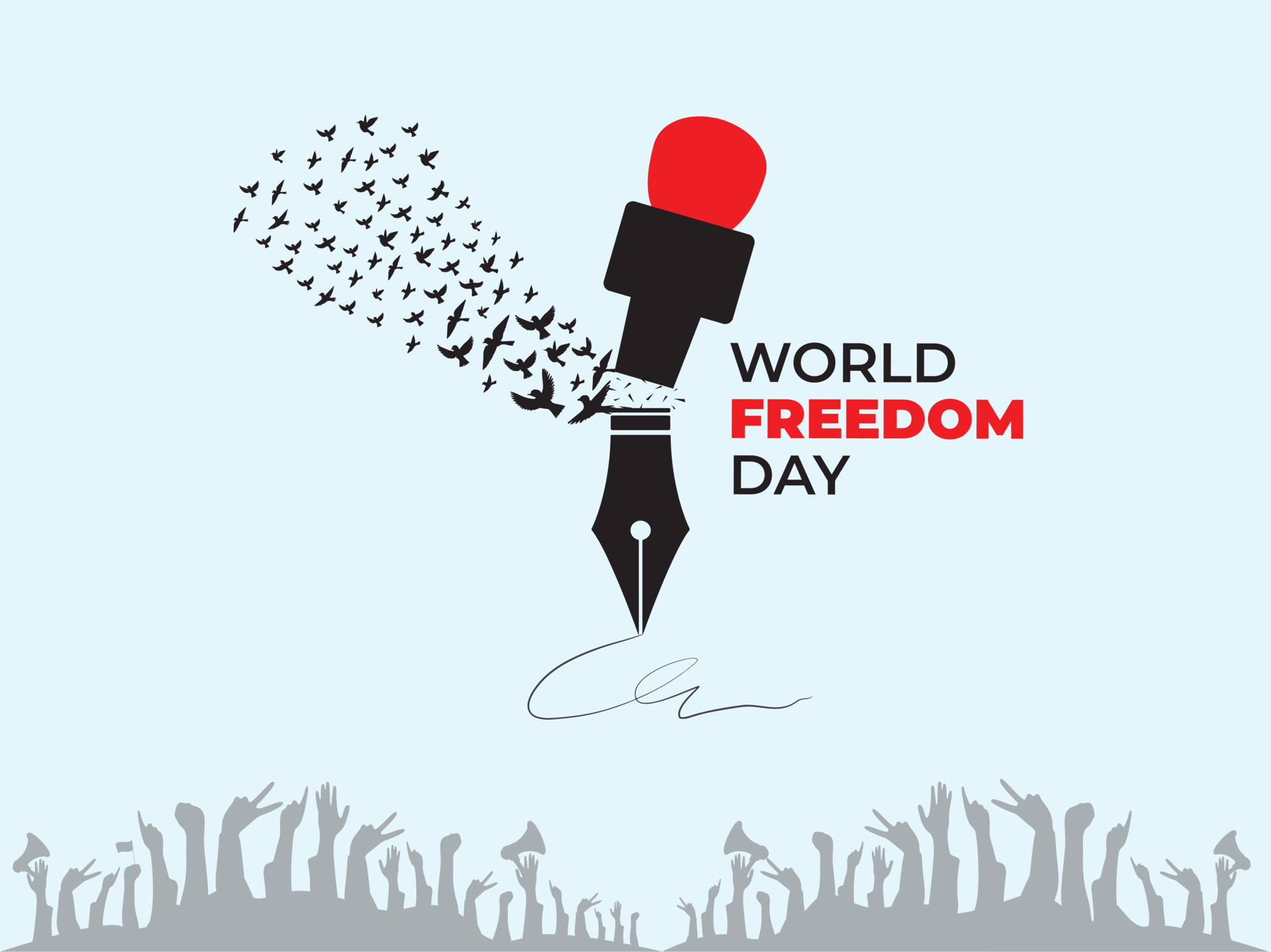World Press Freedom Day serves as a poignant reminder of the intrinsic connection between journalism and the principle of justice, a cornerstone of Bahá’í teachings. The Bahá’í Faith emphasizes justice not merely as a systemic function, but as a fundamental attribute of human existence. This article will elucidate the Bahá’í perspective on justice, draw parallels with the plight of journalists worldwide, and advocate for a collective call to action in recognition of their invaluable contributions to society.
Journalism operates as the lifeblood of public discourse, a conduit through which truth is disseminated and accountability is upheld. The Bahá’í teachings advocate for the pursuit of truth and the establishment of justice, urging individuals to recognize the significance of these tenets in both personal and communal dimensions.
Historically, journalists have faced myriad perils, from threats to personal safety to systemic censorship. The Bahá’í teachings intensively promote the safeguarding of rights, including freedom of expression, which is paramount for journalists who endeavor to illuminate the shadows of corruption and injustice. The Bahá’í writings assert that the pursuit of justice is intrinsically linked to the pursuit of truth: “Truthfulness is the foundation of all human virtues.” This principle not only guides individuals in their personal lives but also serves as a profound reminder of the moral responsibility borne by journalists.
When discussing different types of journalism, it becomes apparent that the Bahá’í teachings offer relevance to various genres: investigative reporting, advocacy journalism, and even citizen journalism. Each of these forms carries the potential to enact social change and illuminate critical issues. Investigative journalism dives into profound inquiries, often unveiling truths that powerful entities may wish to suppress. Herein lies the embodiment of the Bahá’í commitment to justice: illuminating hidden realities to foster societal understanding and reform.
Advocacy journalism can be seen as an extension of the Bahá’í principles of equality and unity. By promoting marginalized voices, journalists engage in a practice that aligns closely with the Bahá’í commitment to the upliftment of all individuals, regardless of background. Such journalism not only illuminates issues but also mobilizes communities, empowering them to demand justice and equity.
Conversely, the rise of citizen journalism, particularly in the digital age, presents both opportunities and challenges. While it democratizes the production of news content, it also raises concerns regarding accountability and accuracy. The Bahá’í teachings underscore the importance of integrity in all expressions of truth. This belief compels citizen journalists to uphold standards that reflect the highest ethical considerations, contributing to a more informed society. Thus, even in the unregulated domain of social media, the principles of justice remain prevalent.
World Press Freedom Day calls for an examination of the global landscape facing journalists today. In many regions, press freedom is under siege. Journalists confront intimidation, threats, and persecution, often translating their fight for justice into personal sacrifice. The Bahá’í teachings advocate for compassion and action in the face of injustice, urging society to support those who courageously bear witness to truth. Therein lies a responsibility for each individual to recognize the essential role of journalists and to advocate for their protection.
Furthermore, the notion of universal justice transcends borders. The Bahá’í teachings emphasize the interconnectedness of humanity—an ideology that resonates deeply within the global reporting community. This interconnectedness reflects a universal call to action, particularly on World Press Freedom Day, for individuals to cultivate solidarity with journalists around the world. Recognizing the integral role they play in democratic processes begets a duty to safeguard their rights and freedoms.
Practical Steps for Advocacy
As Bahá’ís and global citizens, one can take a multifaceted approach to advocate for the rights of journalists. Here are several actionable suggestions:
- Raise Awareness: Use social media platforms to share stories of journalists who face persecution and censorship. Promoting their work furthers the cause of justice and affirms their significance.
- Support Ethical Journalism: Encourage media outlets and organizations that prioritize truthfulness and ethical reporting. Advocacy for media integrity reflects a commitment to justice.
- Engage in Dialogue: Participate in forums, discussions, and workshops aimed at reinforcing the importance of press freedom. These dialogues deepen understanding and generate collective momentum toward change.
- Collaborate with Organizations: Partner with non-profits and advocacy groups focused on media freedom. Such collaborations magnify efforts and create a robust network dedicated to justice for journalists.
In summation, the Bahá’í teachings illuminate the paramount importance of justice in all realms of human endeavor, with a particular emphasis on journalistic integrity. World Press Freedom Day presents a critical opportunity to reaffirm commitment to the protection of journalists who courageously navigate the complex interplay of truth and power. Through advocacy, education, and collective action, individuals can contribute toward a world where the freedom of the press is not merely an ideal, but a reality—a vital component of a just and equitable society.
